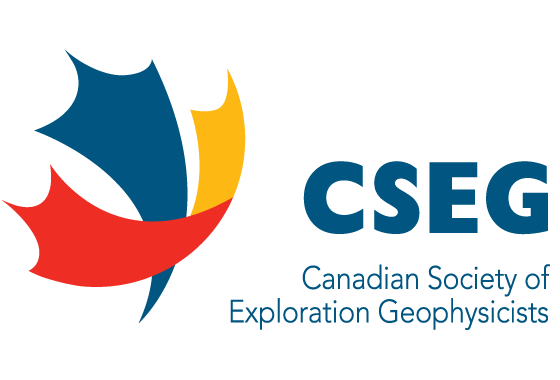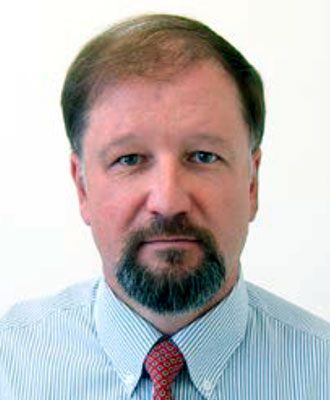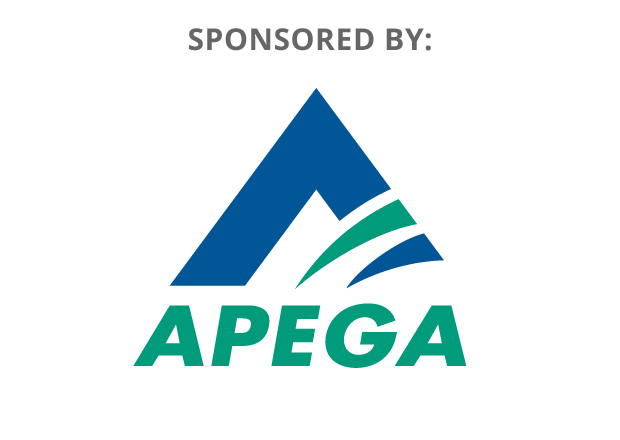Abstract
There has been a great deal of industry activity and interest in full-waveform inversion (FWI) because of its potential to generate accurate high-resolution velocity models. Theoretically, the method has great promise, and compute power seems to be adequate to bring this promise to bear on practical business problems. The promise is not limited to velocity models alone but also includes the possibility of inverting for elastic parameters and rock properties and of FWI becoming an imaging method in itself. Indeed, many of the velocity models that are routinely attained from FWI are interpretable in themselves and could rival migration imaging in terms of resolution and information content.
After a brief overview of FWI, this presentation will focus mostly on what FWI can attain and will examine where and how FWI can impact business decisions. Through an examination of imaging challenges and examples, I will illustrate where FWI is working and bringing value — under what kind of geologic situations and under what kind of data acquisition scenarios. We will examine the challenges to successful deployment of FWI and what steps can be taken to ameliorate those challenges. The discussion should shed light on the question of when FWI can add value and what impact this technology can have.
During the presentation, I will examine the current technical challenges and will explore the path to meet those challenges in the near term. Finally, I will touch on the long-term future promise of FWI beyond velocity estimation: What might it solve for us and how might it change the way we work and the type of information we can get from recorded seismic wavefields?
Biography
Dimitri Bevc is a team leader in geophysics R & D at Chevron. He has a Ph.D. in geophysics from Stanford University and M.Sc. and B.A. degrees from the University of California, Berkeley. He has been engaged with innovating wave-equation and velocity technologies since cofounding a start-up company immediately after completing his Ph.D. He is now doing the same and more at Chevron. In addition to full-waveform inversion, Bevc’s technology interests include integrating geophysical methods with geomechanics and reservoir engineering, with applications to exploration, subsurface integrity, containment, and reservoir management. Bevc is active on the SEG Research Committee and has organized numerous summer research workshops and post-convention workshops, including a popular series of imaging challenges at the last three SEG annual meetings.






